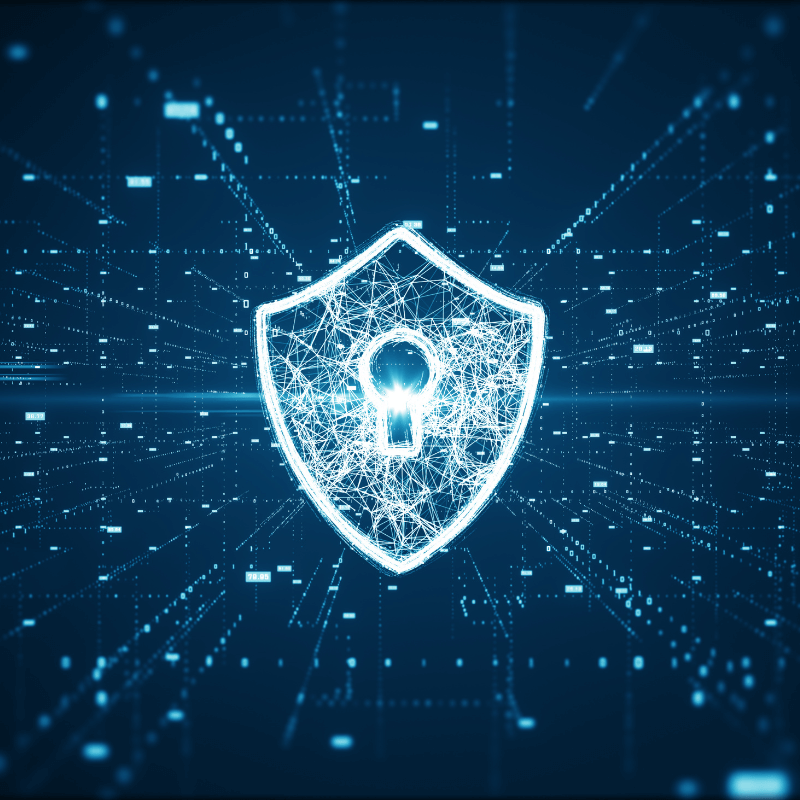In our increasingly interconnected world, where technology plays a pivotal role in both our personal and professional lives, cybersecurity has become more critical than ever before. Every day, individuals and organizations alike are under constant threat from cybercriminals seeking to exploit vulnerabilities and gain unauthorized access to sensitive information. In this blog, we’ll delve into the world of cybersecurity, exploring what it is, why it matters, and how you can protect yourself and your digital assets.
Understanding Cybersecurity
Cybersecurity is the practice of safeguarding computer systems, networks, and data from theft, damage, or unauthorized access. It encompasses a wide range of technologies, processes, and practices designed to protect digital information from threats such as hackers, malware, phishing attacks, and more.
Why Cybersecurity Matters
The importance of cybersecurity cannot be overstated. Here are some key reasons why it matters:
1. Protection of Personal Information
In an era where personal data is stored and transmitted digitally, protecting sensitive information like Social Security numbers, financial data, and medical records is crucial. A data breach can have severe consequences, leading to identity theft and financial loss.
2. Safeguarding Business Assets
For organizations, cybersecurity is paramount. A breach can result in the loss of proprietary information, damage to reputation, and financial losses. Small businesses, in particular, are vulnerable, as they often lack the resources of larger corporations to invest in cybersecurity measures.
3. National Security
Cyberattacks can have far-reaching implications for national security. Critical infrastructure, such as power grids, transportation systems, and government agencies, can be targeted, causing significant disruption and potential harm to a nation’s citizens.
Cybersecurity Best Practices
Now that we understand the importance of cybersecurity, let’s explore some best practices to help you protect yourself and your digital assets:
1. Strong Passwords
Use complex, unique passwords for each online account. Consider using a password manager to keep track of your passwords securely.
2. Two-Factor Authentication (2FA)
Enable 2FA wherever possible. This adds an extra layer of security by requiring you to provide two forms of verification before accessing your accounts.
3. Keep Software Updated
Regularly update your operating system, software, and antivirus programs. These updates often contain security patches to fix known vulnerabilities.
4. Be Cautious with Emails
Beware of phishing emails. Don’t click on suspicious links or download attachments from unknown sources. Verify the legitimacy of emails, especially those requesting sensitive information.
5. Educate Yourself
Stay informed about the latest cybersecurity threats and trends. Knowledge is your best defense against cyberattacks.
Conclusion
Cybersecurity is not something to be taken lightly. It’s a constant battle to protect our digital lives from an ever-evolving landscape of threats. By following best practices and staying vigilant, you can significantly reduce your risk of falling victim to cyberattacks.
Remember, cybersecurity is a shared responsibility. Whether you’re an individual, a small business owner, or part of a larger organization, taking proactive steps to protect your digital assets is essential in today’s digital age. Stay safe online, and help build a more secure digital world for everyone.

